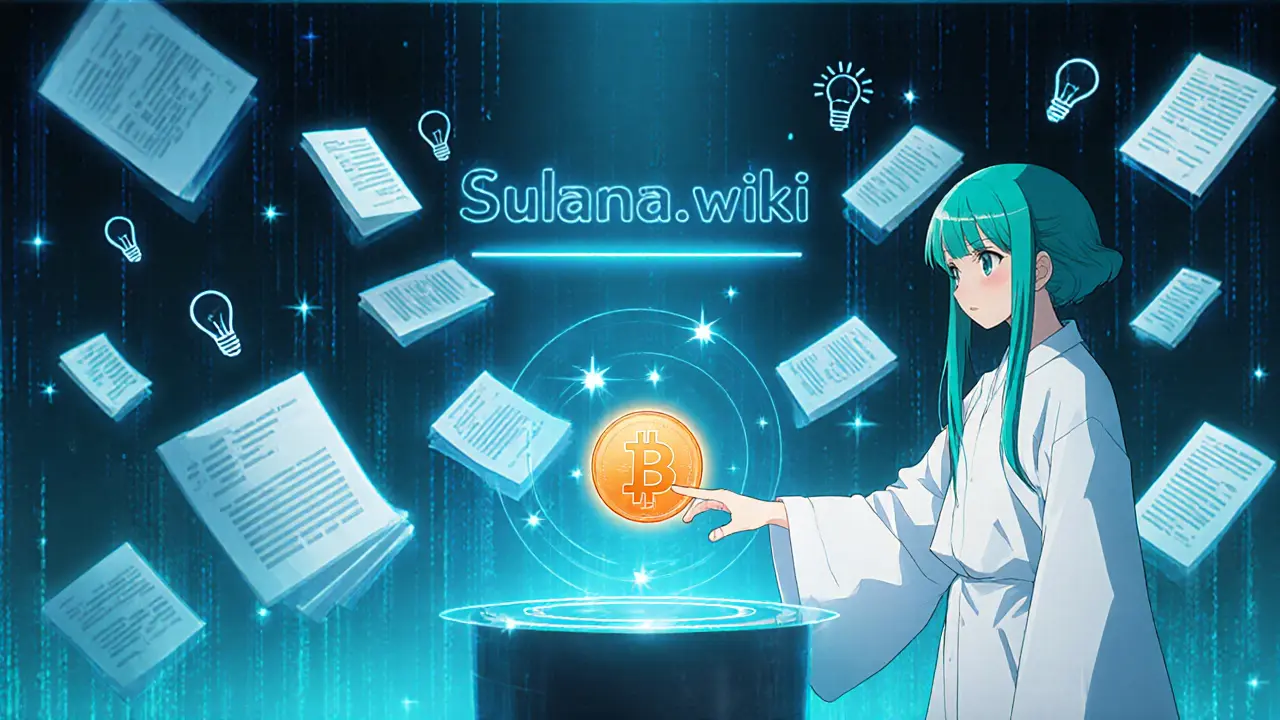SUL token – Everything you need to know
When working with SUL token, a cryptocurrency token built on the Binance Smart Chain that aims to deliver fast, low‑fee transactions and utility within its own ecosystem. Also known as SUL, it functions as a bridge between users and decentralized finance services. DeFi token, a digital asset used inside decentralized finance applications often relies on the same smart‑contract standards that power SUL token. Another key piece of the puzzle is the airdrop, a free‑token distribution method that can boost community adoption and liquidity. Together, these elements illustrate how SUL token encompasses tokenomics, requires smart‑contract audits, and benefits from strategic airdrops.
Key aspects of the SUL token
First off, tokenomics defines the supply, distribution, and utility layers of any crypto asset. For SUL token, the total supply is capped at 100 million, with 40% allocated to the community via airdrops and staking rewards, 30% reserved for development, and the remaining 30% split between liquidity provision and strategic partnerships. This split ensures that early adopters can earn passive income while the project retains enough capital to fund roadmap milestones. The token’s utility includes paying transaction fees on its native DEX, accessing premium analytics tools, and voting on governance proposals. Because every transaction occurs on the Binance Smart Chain, users enjoy sub‑second confirmations and transaction costs that are a fraction of Ethereum’s gas fees.
Risk management is another critical piece. Smart‑contract audits from reputable firms are mandatory before any major upgrade; without them, the token could be vulnerable to exploits that have plagued many DeFi projects. Regulatory awareness also matters: while the token itself isn’t classified as a security in most jurisdictions, compliance with anti‑money‑laundering (AML) and know‑your‑customer (KYC) standards is essential for any platform offering token sales or airdrops. Keeping an eye on blockchain news helps investors spot changes in taxation or exchange listings that could affect SUL’s market price.
Finally, the community side of SUL token drives its growth. Active forums, Telegram groups, and Discord channels provide real‑time feedback that developers use to fine‑tune features. When a new airdrop round is announced, participants typically need to hold a minimum balance, complete simple tasks, or stake tokens for a set period. These campaigns not only reward loyal users but also expand the token’s reach across other DeFi ecosystems. Below you’ll find a curated mix of articles that break down everything from synthetic Ethereum tokens and P2P trading hacks to airdrop verification guides—each offering practical tips you can apply while exploring SUL token’s potential.
- October 17, 2025
- Comments 21
- Cryptocurrency

